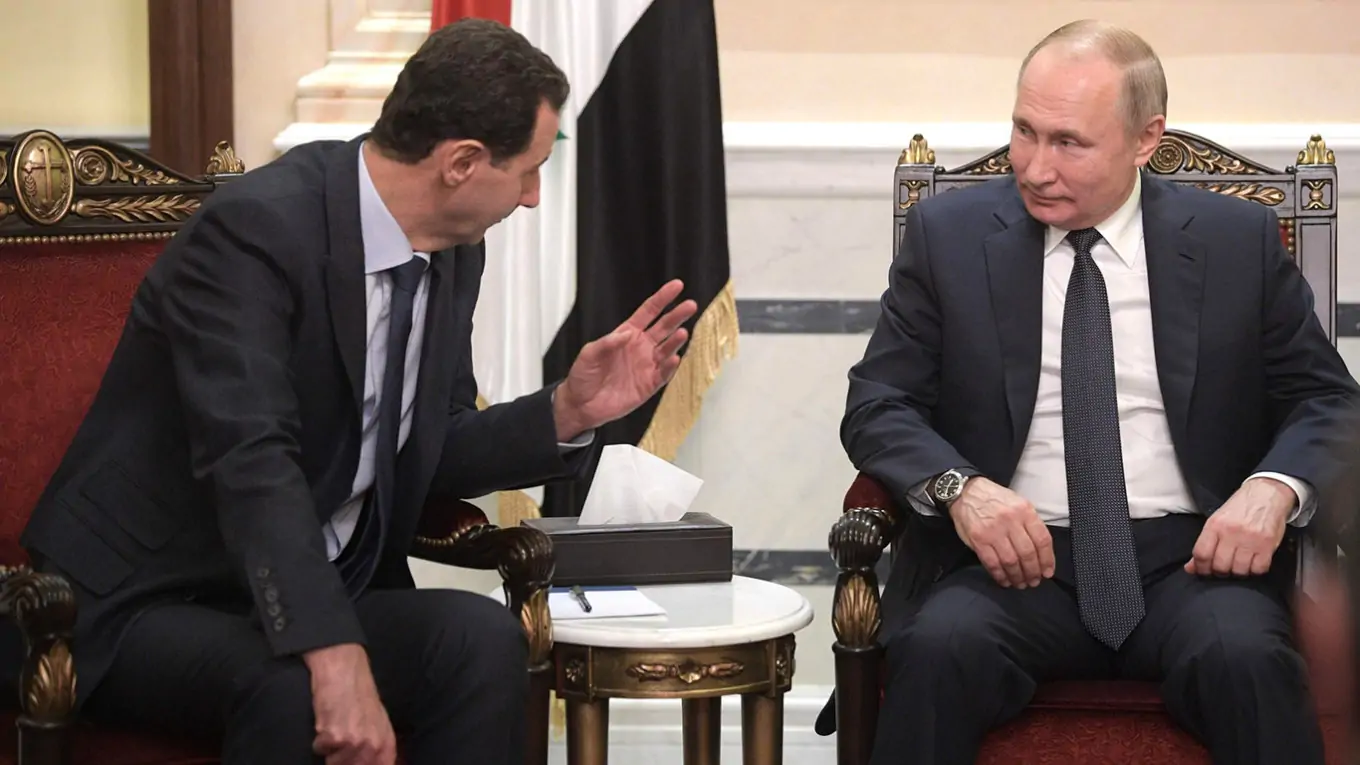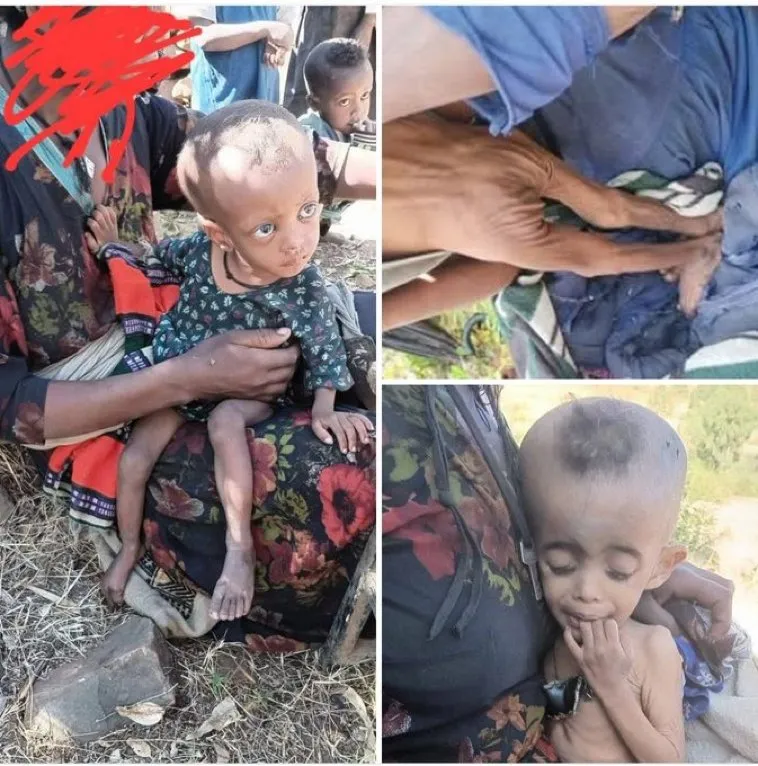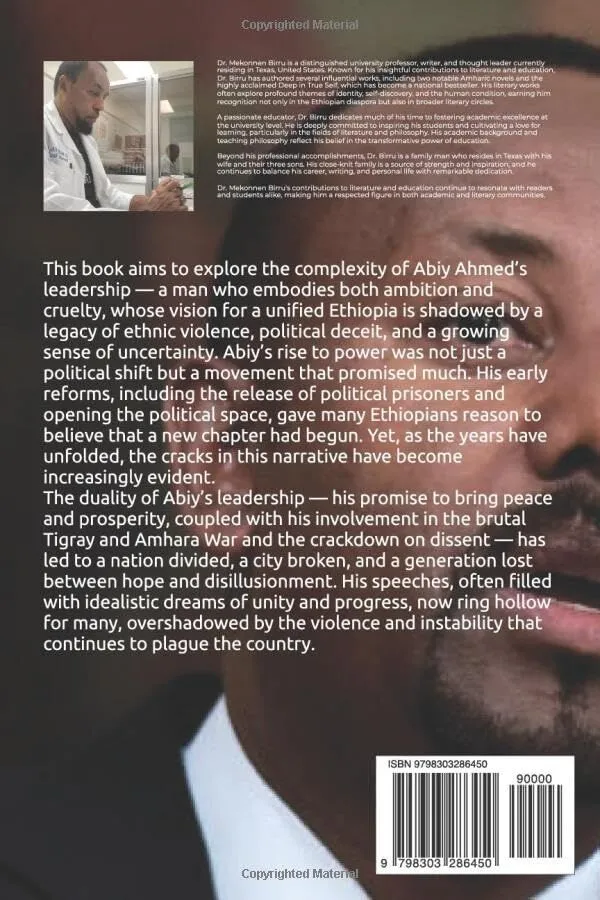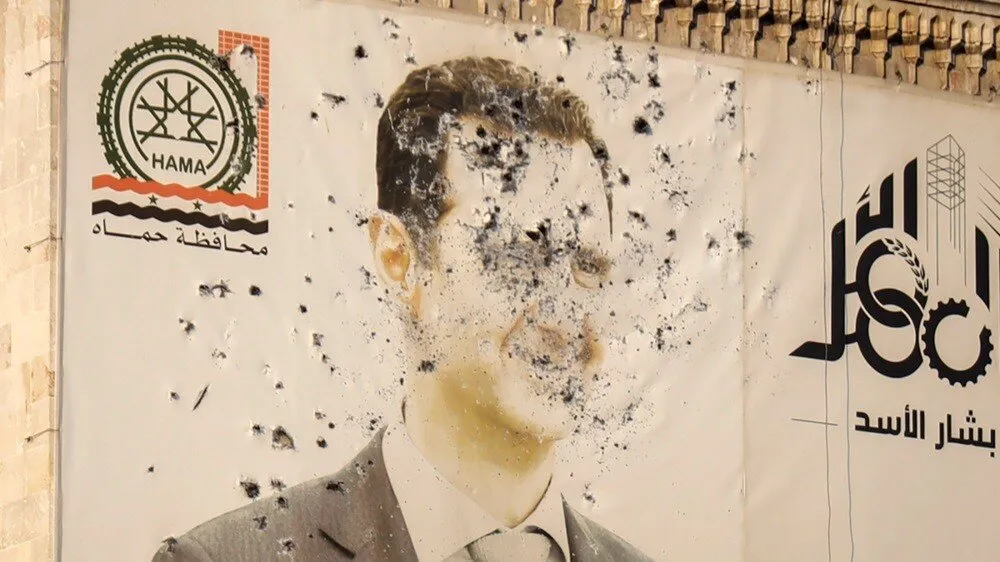February 02, 2009
The SMNE seeks to promote reconciliation at every level. It must first start person to person, as individuals reach out in acceptance and in reconciliation to other individuals. The next level of approach will be to encourage new dialogue and opportunities for reconciliation between alienated groups—ethnic, cultural, regional, religious, political—or among such groups that are experiencing internal divisions. Another goal is to call for a comprehensive National Reconciliation effort, which may incorporate the use of transitional justice approaches.
Reconciliation does not replace the need for a more formalized process of justice to hold those who have committed serious crimes accountable, but in a society, like in South Africa, where there are many perpetrators and such widespread violations of human rights for so many years, we must explore multi-dimensional approaches to restoring justice and bringing healing to a wounded society. Reconciliation is key to both, without which, sustainable peace and harmony will be impossible.
Dialogue with confidence
Rationale:
Reconciliation is central to the creation of a healthier society—one which values all its members as equally deserving of life, dignity, liberty and opportunity. As people begin to reach out to one another, getting to know each other better and laying the groundwork to resolve bitterness, prejudices, misconceptions and disagreements of the past, the future will be cleared for new relationships and partnerships. Currently, so much division, suspicion and alienation exists between and within most every group in Ethiopia that it has created a huge barrier to the New Ethiopia for which most of us hope and dream. Genuine reconciliation, that is embraced and promoted by top Ethiopian leadership and which penetrates through Ethiopian institutions into the everyday life of people at the grassroots level, will be necessary if Ethiopia is to survive and flourish as a people and as a society.
In Rwanda or with the Anuak genocide, the violence against other human beings did not happen overnight, but was built up over time by many people who never lifted a machete or a gun, but who advanced the hatred by simply failing to confront it when it would have made a difference. Giving up on reconciling with other people within our society is the equivalent of giving up on the future of our families. Why? It is because hatred produces more hatred, which then gives birth to destruction, oppression and injustice before being recycled by the offended into new acts of vengeance against new victims. This is our recent and past history. How can we stop this cycle of destruction? It is the moral and spiritual challenge of our time. Are we ready to do more than our part?
Reconciliation will not be easy. It will require taking a risk in being the first to extend oneself to another; but without it, we Ethiopians will pass on a time bomb of destructive thinking to our future descendents and if it explodes, we will be bear responsibility.
Action Steps:
What is needed to stop the pain and bleeding? Forgiveness and apology—both of which are different from formalized methods of justice—can provide healing and the freedom to move on both for the victim and for the offender, even when justice is flawed or incomplete. Forgiveness and apology is not the same as forgetting, but it can re-frame past offenses and our own failures in such a way that takes the negative power from the past that can consume and control us and transforms it into new understanding, motivation for change and in some cases, the ability to enter into new mutually beneficial relationships.
When a perpetrator genuinely asks for forgiveness for what he or she has done, it can profoundly relieve the victim or the families of the victims from being swallowed up in anger, resentment or retaliation, finally providing closure to painful events. Apologies make us more accountable to be different in the future. Only then can we put in place workable relational or societal structures that will better protect us as people who will sometimes fail each other; however, we cannot establish such new safeguards if we refuse to admit we even need them. Yet, we must also learn to forgive when offenders lack remorse or deny responsibility; for otherwise, we give control of our futures to such offenders.
In a New Ethiopia, victims, offenders, victim-offenders (victims first who then become offenders), offender-victims (offenders first who then become victims), those complicit with such offenses and bystanders must all find ways to become a nation of people who can live, work and flourish in harmony. This will not happen unless we face ourselves and each other with an openness to reconciliation and the rebuilding of a new vision for a shared future.
This is the work of the Solidarity Movement for a New Ethiopia is about. It is about not being passive about our future but instead, helping to set in motion the kind of unity and solidarity that can bring about a more sustainable democracy, greater accountability under a strengthened system of fair and impartial justice, robust freedoms, a vibrant economy and greater opportunity for all. In unity and in solidarity, a new, better and more just Ethiopia will be possible.















